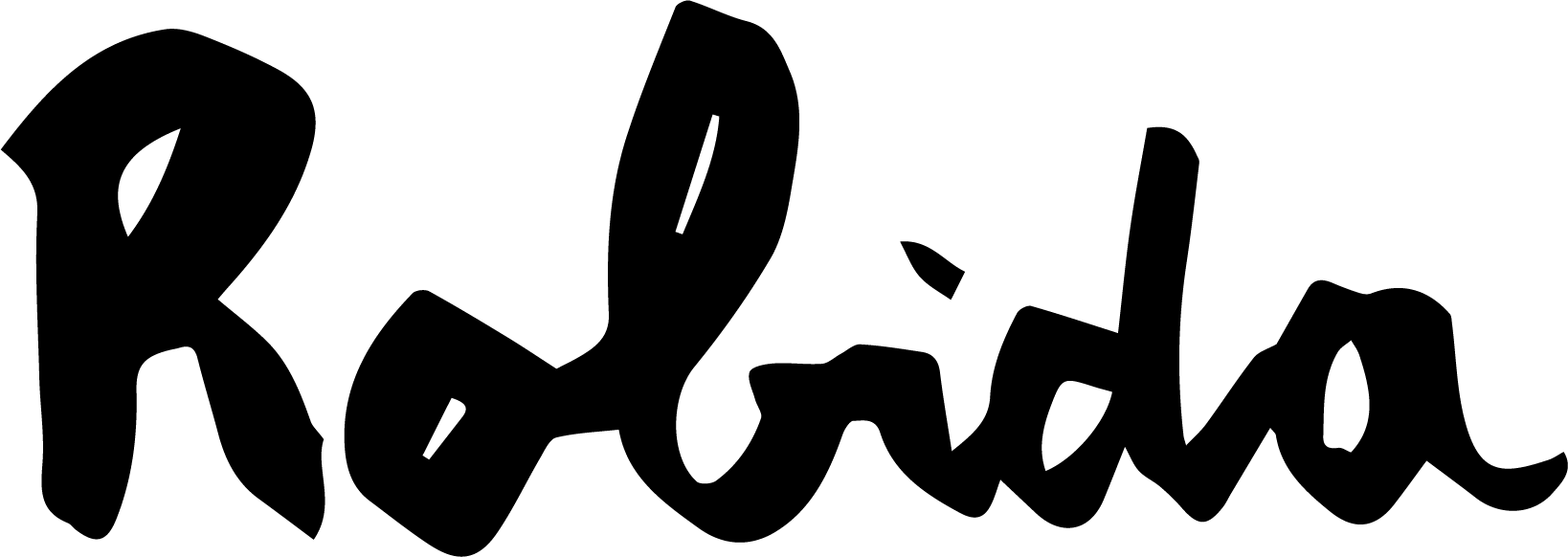The Village as Ecological Entity – Introducing Bees in Topolò
A project proposed by Erika Mayr and Rosario Talevi and carried on by Robida!
“What if the social, economic, and political contradictions spawned in the modern city were to be flipped? What if plants and non-human animals were understood as city dwellers and spatial producers, giving us the opportunity to understand and design living spaces for a wide range of users beyond pure exploitation, speculation, and utilitarianism? Could the complex structure of the city as an inter-species space open up new modes of subjectivation, kinship, and solidarity? Could it produce and promote a concept of politics and subjectivity beyond neoliberal individualism?” – Marion von Osten
Village as Ecological Entity
The project Village as Ecological Entity - Introducing Bees in Topolò is a further reflection on Topolò/Topolove – Village as House, a project initiated by Janja Šušnjar.
Topolò/Topolove – the Village as House envisions the restoration of the village of Topolò – of its abandoned houses, neglected public spaces and ruderal landscape – as if it was a decentralised house where singular buildings are its rooms and the small streets between the houses are the connecting hallways. The project assigns specific communal programmes to different empty houses of the village: a common library with a cinema; a shared kitchen that becomes a restaurant; public baths, communal bathrooms and laundry; a workshop and a collectively maintained garden. Such a way of conceiving a village invites its dwellers to fluidly move from one building to another – from their private bedroom, to the common kitchen or workshop – inhabiting the village as a set of interconnected spaces. This spatial decentralisation of the house is also an extension of the relation of care, which is directed not only to private spaces but also to common buildings and the spaces between them.
Topolò/Topolove – the Village as House is an experiential exercise of collective care-taking of a place, where inhabitants of Topolò are re-imagined as stewards and custodians of the village. But what happens if this care-taking and agency-giving exercise were to be extended to plants and non-human animals? What if the village instead of being understood just as a series of spaces cared for by humans is conceived as an ecological entity that includes human and non-human components?

All the photos are by Teo Giovanni Poggi
Introducing Bees in Topolò
Honeybees are not only a fundamental part of the biodiversity on which we all depend for our survival but they also reveal and display our relationship with nature. Thus they become a symbol of caring for and with nature. Honeybees open our minds towards a coexistence between human and non-human worlds and foster respect for nature’s gifts - like honey. They vitalise the ecosystem where they are introduced through their activity: by pollinating fruit-trees and wildflowers, attracting singing birds, as they offer a protein-source for young birds and also by collaborating with humans in the production of honey.
Village as Ecological Entity - Introducing Bees in Topolò initiated a bee-stand with 3 bee families through a week-long series of workshops and seminars bringing together the practice of bee-keeping (how to set up a beehive, inspect a colony, biology of the superorganism, as well as an introduction to bee friendly plants in the area) with readings on support structure (Condorelli), collaborative survival (Tsing), Ethics of Care (Tronto) and the Planetary Turn (Spivak). Therefore, the bee stand becomes another spatial component in the village: a place to sit, feel and wonder about ecological questions, while watching bees fly in and out. But it also becomes a site for action: caring for the beehives, harvesting honey, filling pots and sharing it among family and friends.
Through practical engagements and readings on-site we weaved making and thinking. These encounters propelled new modes of thought, providing alternative ways of living on a broken planet and celebrating naturecultures. Naturecultures is a term coined by Donna Haraway that describes the unavoidable entanglement of the natural and the cultural, the bodily and the mind, the material and the semiotic. Following this term, Village as Ecological Entity - Introducing Bees in Topolò focuses on learning as a form of living, understanding each action we take as a learning process. The project invites others to learn with us and to acknowledge our relations with the site and how we cohabitate with its many living forms.
The workshop which initiated the long-term project happened between April 28th and May 1st in Topolò/Topolove.
Thanks/grazie/hvala to all the participants to the workshop, who shared the amazing emotions of introducing 30.000 new inhabitants to Topolò: Erika, Rosario, Julian, Franca, Sasha, Teo, Edo, Pia, Tanja, Marjetica, Milan, Riko, Antonio, Janja, Elena, Vida, Dora, Aljaž.
Special thanks to Teo Giovanni Poggi and Julian Irlinger, for being with us, participating and documenting those moments!
And huge gratitude to Erika Mayr, for being such a special teacher!
Read some more reflections on the workshop on the (news)letter we sent on May 15th, written by Aljaž and on this journal entry, written by Sasha.
The project Village as Ecological Entity is part of the program of Academy of Margins 2023, made possible thanks to the support of Regione FVG and Fondazione Pietro Pittini.



















